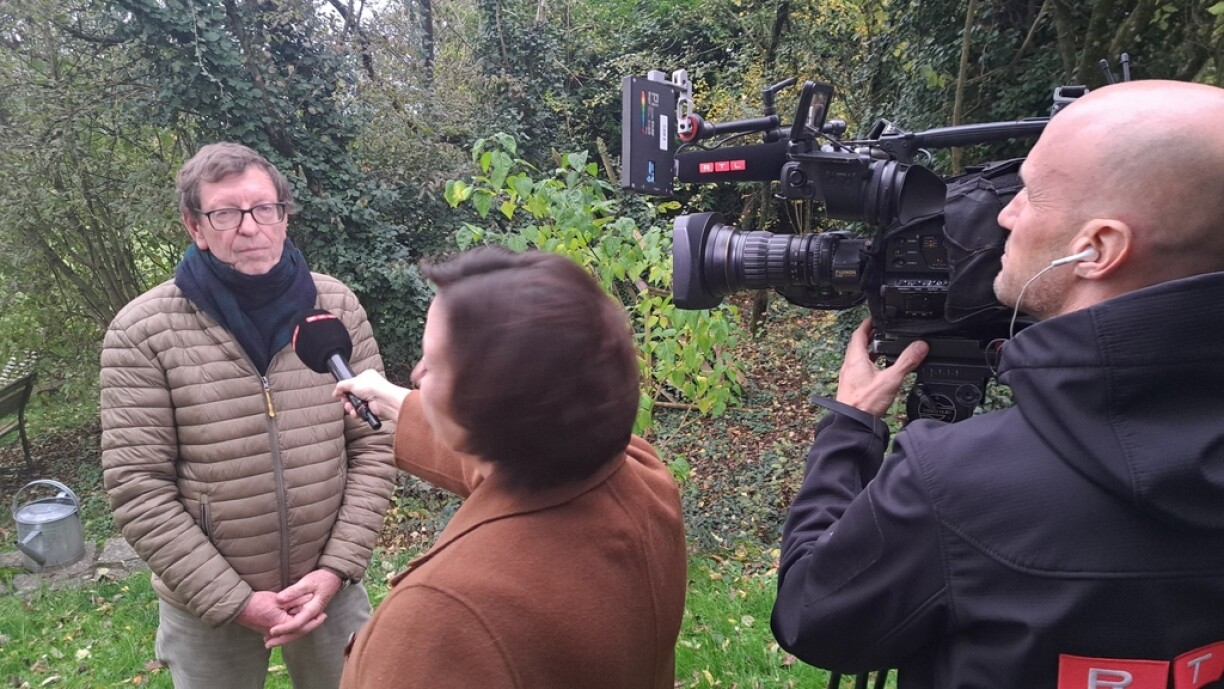
In neighbouring Germany, more than 500,000 chickens, ducks, and geese have already been culled. The highly contagious virus is transmitted by wild birds, and this year many species of waterfowl have been affected. From there, the disease can easily spread to domestic poultry farms.
In Luxembourg, only a few isolated cases have been reported so far among wild birds. The Luxembourg Veterinary and Food Administration (ALVA) has introduced preventive measures to stop the virus from reaching domestic flocks. People who work in close contact with birds are being advised by the Health Directorate to get the seasonal flu vaccine, but how high is the actual risk to humans?
Human infection with bird flu is extremely rare, though not impossible. Virologist Claude Müller explained that vaccination against seasonal flu helps prevent a dual infection: when a person who already has influenza becomes infected with bird flu at the same time. Such a combination could, in theory, allow a new virus to emerge that spreads more easily between humans, he said. For now, however, bird flu does not transmit from person to person, Müller noted.
Even if the probability of such a co-infection is low, authorities prefer to take no chances. That is why the Health Directorate’s vaccination recommendation remains in place, said Dr Anne Vergison, head of the health inspection division.
As for food safety, there is no risk from eating cooked poultry meat or eggs, though it is best to avoid consuming raw eggs, according to Dr Vergison.
In Luxembourg, the virus has so far only been detected in wild species such as greylag geese and a heron. Domestic poultry are protected through measures such as mandatory housing, meaning free-range chickens are currently being kept indoors.
Regarding the broader public, Müller emphasised that for most people daily life is unaffected. However, anyone who spends time outdoors and spots a sick or dead bird should avoid touching it and report it immediately. Timely reporting helps authorities monitor the situation and continue protecting domestic flocks.